Ford CEO Jim Farley recently shared insights into the company’s ambitious plans for electric vehicles (EVs) and the integration of artificial intelligence (AI) in automotive design. During a podcast appearance, Farley emphasized the importance of adapting to the rapidly evolving automotive landscape, particularly in the face of fierce competition from Chinese manufacturers.
Key Takeaways
- Ford is testing five Chinese electric vehicles in the U.S. to benchmark against competitors.
- The company is leveraging AI to accelerate vehicle design and engineering processes.
- Farley is inspired by the rapid innovation cycles of Chinese automakers.
Ford’s Electric Vehicle Strategy
In a bold move to enhance its EV offerings, Ford has imported five of the best-performing Chinese electric vehicles for testing in the U.S. This initiative stems from Farley’s visit to China, where he was impressed by the advancements in EV technology. He stated, "I asked my management team to pick the five best Chinese electric vehicles, and then we put them on a plane and flew them to Chicago."
While the specific models remain undisclosed, one notable vehicle in Ford’s testing fleet is the Zeekr 001, which boasts impressive specifications, including a range of up to 641 miles with its largest battery pack. This strategic benchmarking aims to inform Ford’s own EV development and ensure competitiveness in a market increasingly dominated by innovative foreign manufacturers.
Embracing Artificial Intelligence
To keep pace with the rapid advancements in the automotive industry, Ford is also focusing on integrating AI into its design and engineering processes. Bryan Goodman, Ford’s director of AI, highlighted the need for speed in innovation, stating, "I think we have to speed up to be competitive. I look at the Chinese [original equipment manufacturers] and their engineering cycle times are quite fast."
Ford is exploring various AI applications to streamline operations, enhance product development, and ultimately deliver vehicles that meet consumer demands more efficiently. This includes utilizing advanced AI agents and powerful Nvidia GPUs to facilitate quicker design iterations and improve overall vehicle performance.
The Road Ahead
As Ford navigates the challenges of the electric vehicle market, the company’s dual focus on benchmarking foreign EVs and leveraging AI technology positions it to adapt and thrive in a competitive landscape. Farley’s enthusiasm for innovation and commitment to learning from global trends reflect a proactive approach to securing Ford’s future in the automotive industry.
In conclusion, Ford’s strategic initiatives in electric vehicles and artificial intelligence underscore its determination to remain a key player in the evolving automotive market. By embracing new technologies and learning from global competitors, Ford aims to accelerate its transition to a more sustainable and technologically advanced future.

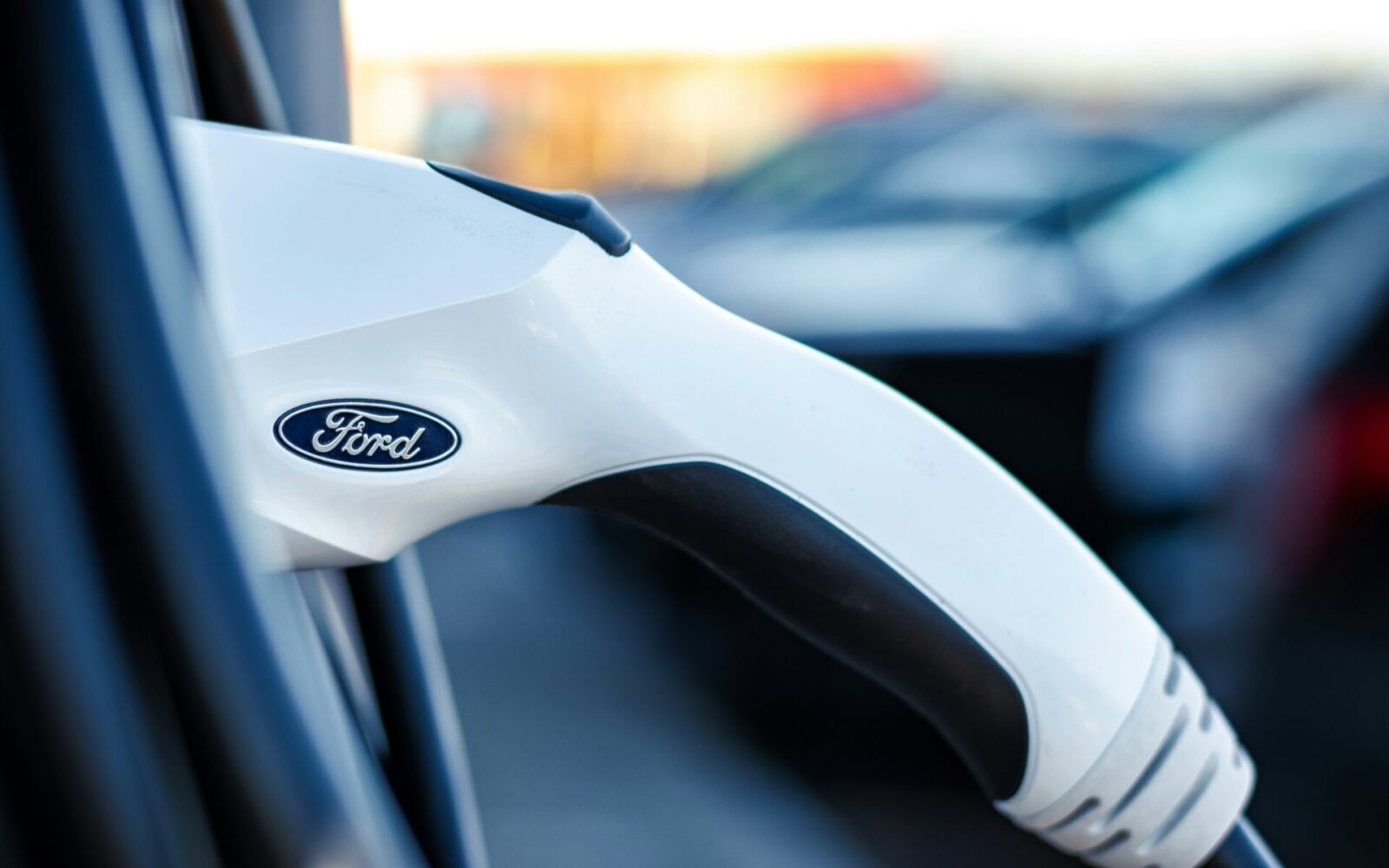


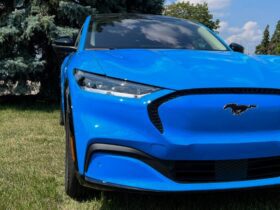
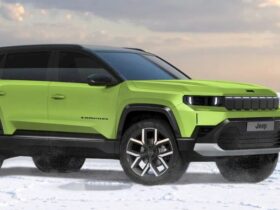


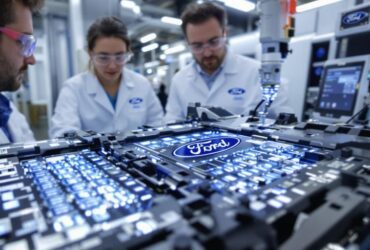
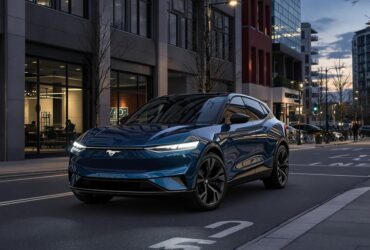

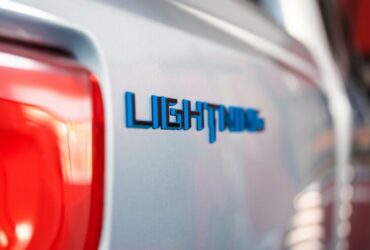
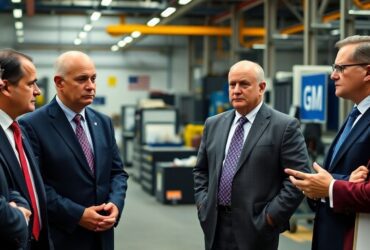
Leave a Reply